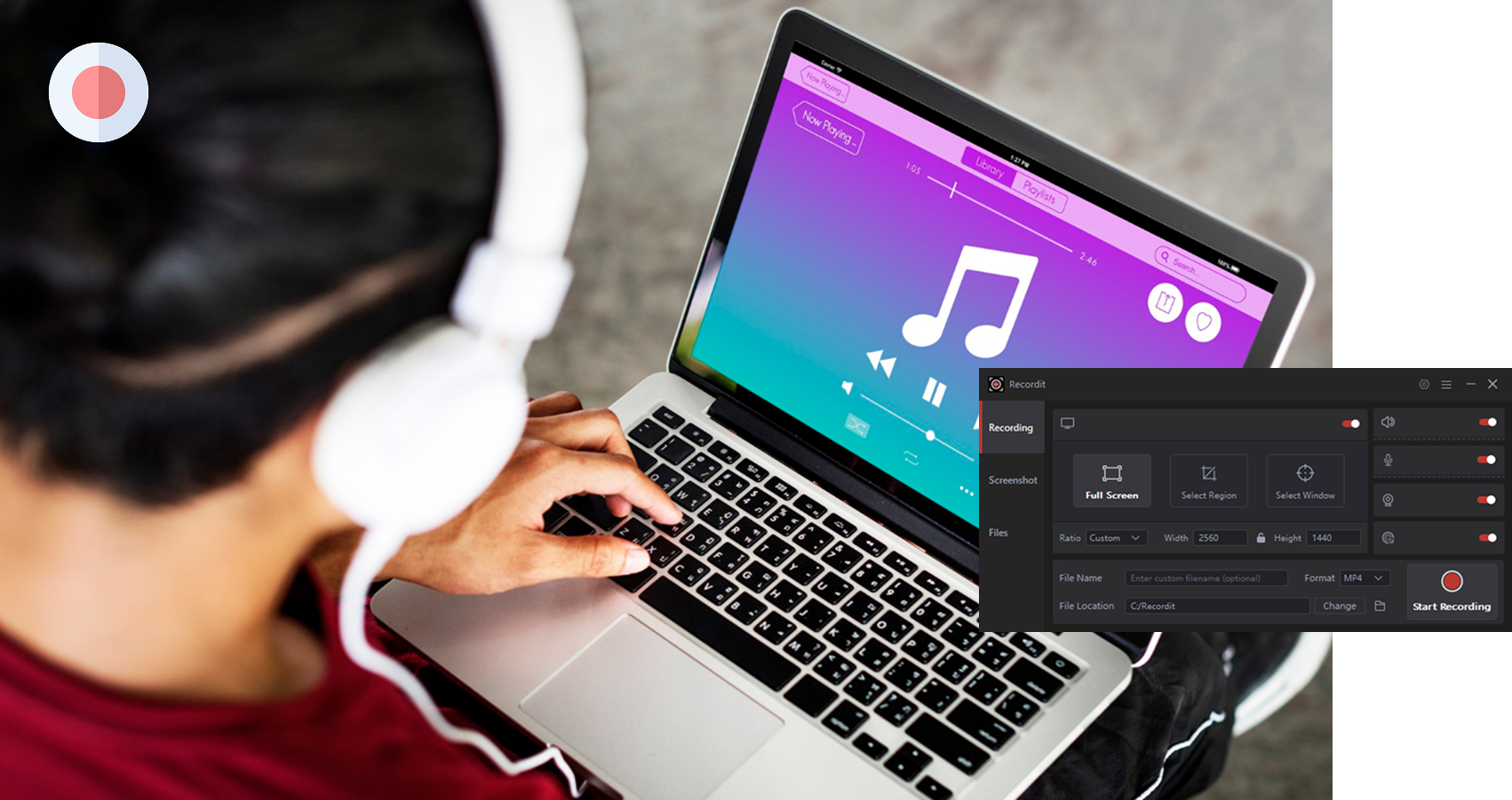How Much Voice Recording Time Is 128GB?
In today’s digital world, voice recording has become essential for many professionals and enthusiasts alike. Whether you’re a journalist recording interviews, a student capturing lectures, a content creator producing podcasts, or just someone who wants to record meetings, voice memos, or ideas, having enough storage space is crucial. One of the most common questions among voice recording users is: How much voice recording time can I get from 128GB of storage?
The answer isn’t always straightforward, as it depends on several factors such as the audio format, bitrate, and quality settings. In this article, we’ll break down exactly how much voice recording time 128GB can hold, comparing various formats.
1. Factors That Influence Recording Time
Before jumping into numbers, it’s important to understand that the recording format and audio quality settings determine how much space a voice recording takes up.
Key factors include:
- Audio Format: MP3, WAV, AAC, FLAC, etc.
- Bitrate: Defines how much data the audio stream uses per second, influencing quality and storage size (e.g., 64 kbps, 128 kbps, 256 kbps).
- Sample Rate and Bit Depth: More technical details for uncompressed audio like WAV (e.g., 44.1kHz/16-bit).
Let’s explore how much time you can record on 128GB across different formats:
2. How Much Voice Recording Time Is 128GB?
2.1 MP3 Format (Compressed Audio)
MP3 is the most popular compressed audio format and is excellent for recording voice where super high fidelity isn’t required. It’s space-efficient and provides good clarity at lower bitrates.
• MP3 @ 64 kbps (mono)
- 1 hour ≈ 28.8 MB
- 128GB = ~4,440 hours
• MP3 @ 128 kbps (stereo)
- 1 hour ≈ 57.6 MB
- 128GB = ~2,220 hours
• MP3 @ 256 kbps (stereo)
- 1 hour ≈ 115 MB
- 128GB = ~1,110 hours
Ideal for: Interviews, lectures, voice memos, and general voice notes.
2.2 WAV Format (Uncompressed Audio)
WAV is a high-quality, uncompressed audio format. It’s commonly used in professional settings like music production or detailed voice work, but it consumes significantly more space.
• WAV @ 44.1kHz, 16-bit, stereo (CD Quality)
- 1 minute ≈ 10 MB
- 1 hour ≈ 600 MB
- 128GB = ~213 hours
• WAV @ 16kHz, 16-bit, mono (Voice Quality)
- 1 minute ≈ 1.92 MB
- 1 hour ≈ 115 MB
- 128GB = ~1,113 hours
Ideal for: Studio recordings, high-fidelity podcasts, voice acting, or archival purposes.
2.3 AAC Format (Advanced Audio Coding)
AAC is a modern, compressed audio format commonly used on Apple devices, offering better efficiency than MP3 at the same bitrate
• AAC @ 128 kbps
- Similar to MP3 @ 128 kbps
- 1 hour ≈ 57.6 MB
- 128GB = ~2,220 hours
Ideal for: iPhone and iPad users who want good quality in small file sizes.
2.4 Quick Reference Table
| Format & Bitrate | File Size (1 hr) | Recording Time (128GB) |
|---|---|---|
| MP3 @ 64 kbps (mono) | 28.8 MB | ~4,440 hours |
| MP3 @ 128 kbps (stereo) | 57.6 MB | ~2,220 hours |
| MP3 @ 256 kbps (stereo) | 115 MB | ~1,110 hours |
| WAV @ 44.1kHz, stereo | 600 MB | ~213 hours |
| WAV @ 16kHz, mono | 115 MB | ~1,113 hours |
| AAC @ 128 kbps | 57.6 MB | ~2,220 hours |
3. Try the Best Easy-to-Use Audio Recorder – Recordit
Now that you know how much time you can store on 128GB, the next question is: What’s the best tool to record all that audio effortlessly? The answer is Recordit.
Recordit is a powerful, lightweight, and beginner-friendly recording software for Windows and Mac that offers everything you need to record voice and screen clearly and efficiently. Whether you’re capturing a meeting, narrating a video, or saving lecture notes, Recordit is designed to make the process simple yet effective.
Key features of Recordit:
- Start voice and screen recording instantly without complicated setup.
- Record in MP3, WAV, AAC, MP4, GIF and more.
- Choose the quality and format that fits your storage and audio needs.
- Quick export recordings without losing any frames.
- Support recording on both Windows and Mac.
How to record audio with Recordit:
- Download the Recordit installer for Windows or macOS and set up the software.
- Open Recordit and turn on the Audio Only mode, then adjust recording settings (e.g. audio resoources, format or quality) if needed.
- Press the “Start Recording” and Recordit will begin capturing your audio immediately.
- Once done, click “Stop Recording” to end and save the audio recording.

4. Conclusion
When it comes to storing voice recordings, 128GB provides a lot of capacity, especially if you’re using space-efficient formats like MP3 or AAC. You can expect:
- Over 4,000 hours at low-quality MP3
- Around 2,200 hours at standard quality
- About 213 hours if using high-quality, uncompressed WAV format
The audio format you select should match your desired sound quality and how much storage space you have available. For most users, MP3 at 64–128 kbps provides the perfect balance of clarity and compact file size.
If you’re looking for the best way to make use of that 128GB of space, there’s no better tool than Recordit. Its intuitive interface, format flexibility, and powerful features make it the perfect companion for anyone who needs to capture high-quality voice recordings without any hassle.